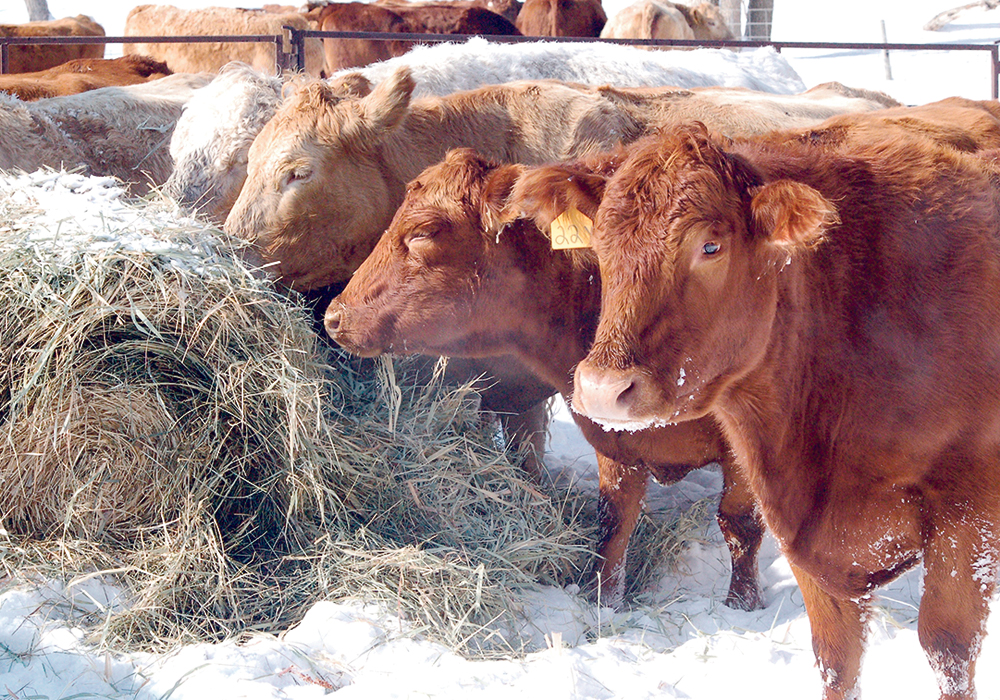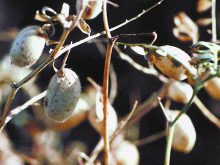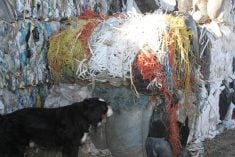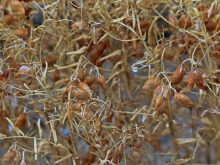CHICAGO (Reuters) – The U.S. COVID-19 stimulus bill that U.S. senators will vote on would add $14 billion to the Agriculture Department’s Commodity Credit Corp spending authority, and authorize another $9.5 billion for U.S. farmers hurt by the fast-spreading pandemic, according to a copy of the bill’s text.
The $2 trillion bipartisan legislation, set for a Senate vote on Wednesday, is aimed at alleviating the devastating economic impact of the COVID-19 pandemic.
The Commodity Credit Corp (CCC), set up during the Great Depression nearly a century ago, has been tapped by the Trump Administration for nearly $30 billion in recent years to compensate farmers and assist the sector due to the U.S.-China trade wars.
Read Also

Canadian farmers need level playing field for regulations – says Minister MacDonald
Federal agriculture minister Heath MacDonald is urging the Canadian Food Inspection Agency and the Pest Management Regulatory Agency to speed up their decision making.
The additional $9.5 billion would be used to specifically assist livestock producers affected by the pandemic, such as cattle ranchers, and hog and dairy farmers.
Also eligible are fruit, vegetable and other so-called “specialty crop” producers, and those who sell through farmers markets and other local food systems that have been shuttered or economically impacted by the pandemic.
“We have already suffered losses due to COVID 19-related concerns. These new financial setbacks come on the heels of two very difficult years during which pork was at the tip of the trade retaliation spear,” said Howard “A.V.” Roth, a Wisconsin hog farmer and president of the National Pork Producers Council trade group.
“U.S. pork producers can’t telecommute and remain hard at work to provide pork products to American kitchens…We are pleased that the stimulus package includes funding for much-needed relief to livestock farmers, and we recognize a vote is pending.” https://t.co/XUHKy1d55p
— NPPC (@NPPC) March 25, 2020
The additional spending authority to CCC, which was replenished already this fiscal year with the current federal budget, could open the door for the Agriculture Department to make a third round of Market Facilitation Program payments, or trade aid, this year.















